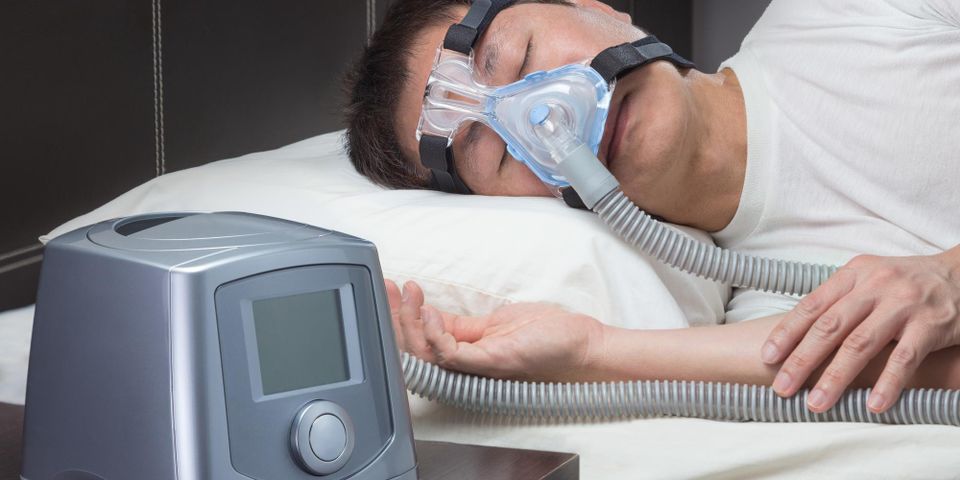
If you experience tight jaw muscles or sore teeth when you first wake up, you might grind your teeth when you sleep. Teeth grinding, also known as bruxism, can wear down the enamel of your teeth over time and cause headaches, sleep disruption, and temporomandibular joint disorder. There are several health conditions linked to this issue, including sleep apnea. This sleep disorder causes breathing to repeatedly stop and start throughout the night.
How Sleep Apnea & Bruxism Are Related
People with sleep apnea are more likely to grind their teeth at night than those without the disorder. Their airways can get blocked during sleep, which causes a stress response through the entire body. This stress response may trigger more muscle activity in the jaw, resulting in teeth grinding.
 Another factor that may explain the relationship between bruxism and sleep apnea is caffeine intake. Patients with sleep apnea don’t always get enough rest at night and may drink coffee and other caffeinated beverages throughout the day. Caffeine can trigger muscle activity and cause people to wake up more frequently in the night, increasing the risk of bruxism.
Another factor that may explain the relationship between bruxism and sleep apnea is caffeine intake. Patients with sleep apnea don’t always get enough rest at night and may drink coffee and other caffeinated beverages throughout the day. Caffeine can trigger muscle activity and cause people to wake up more frequently in the night, increasing the risk of bruxism.
How to Solve the Issue
If you have sleep apnea, you can wear a positive airway pressure device while you sleep. This mask is placed over your nose and mouth and releases air into your airway, helping you breathe easier. It may also be beneficial to wear a custom mouth guard while you sleep to avoid further damage to your teeth.
If you were diagnosed with sleep apnea, a dentist may be able to help. The professionals at Coulee Family Dental in La Crosse, WI, have more than 40 years of experience and can assist with everything from sleep disorders and bruxism to crowns and dental implants. They are friendly professionals and focus on helping their patients achieve optimal oral health. If you would like to make an appointment, call (608) 782-3102 or visit their website for more information.
About the Business
Have a question? Ask the experts!
Send your question

